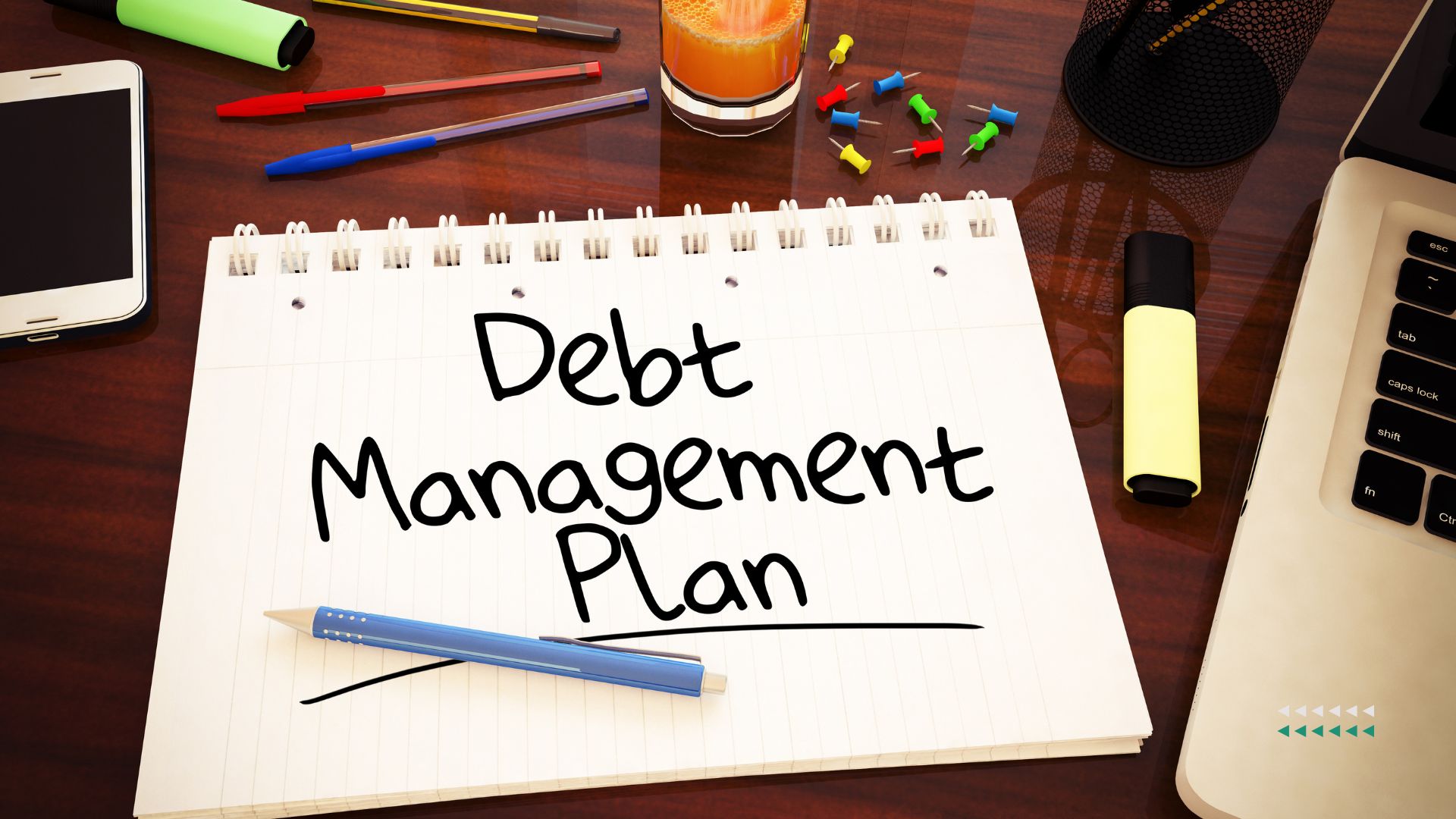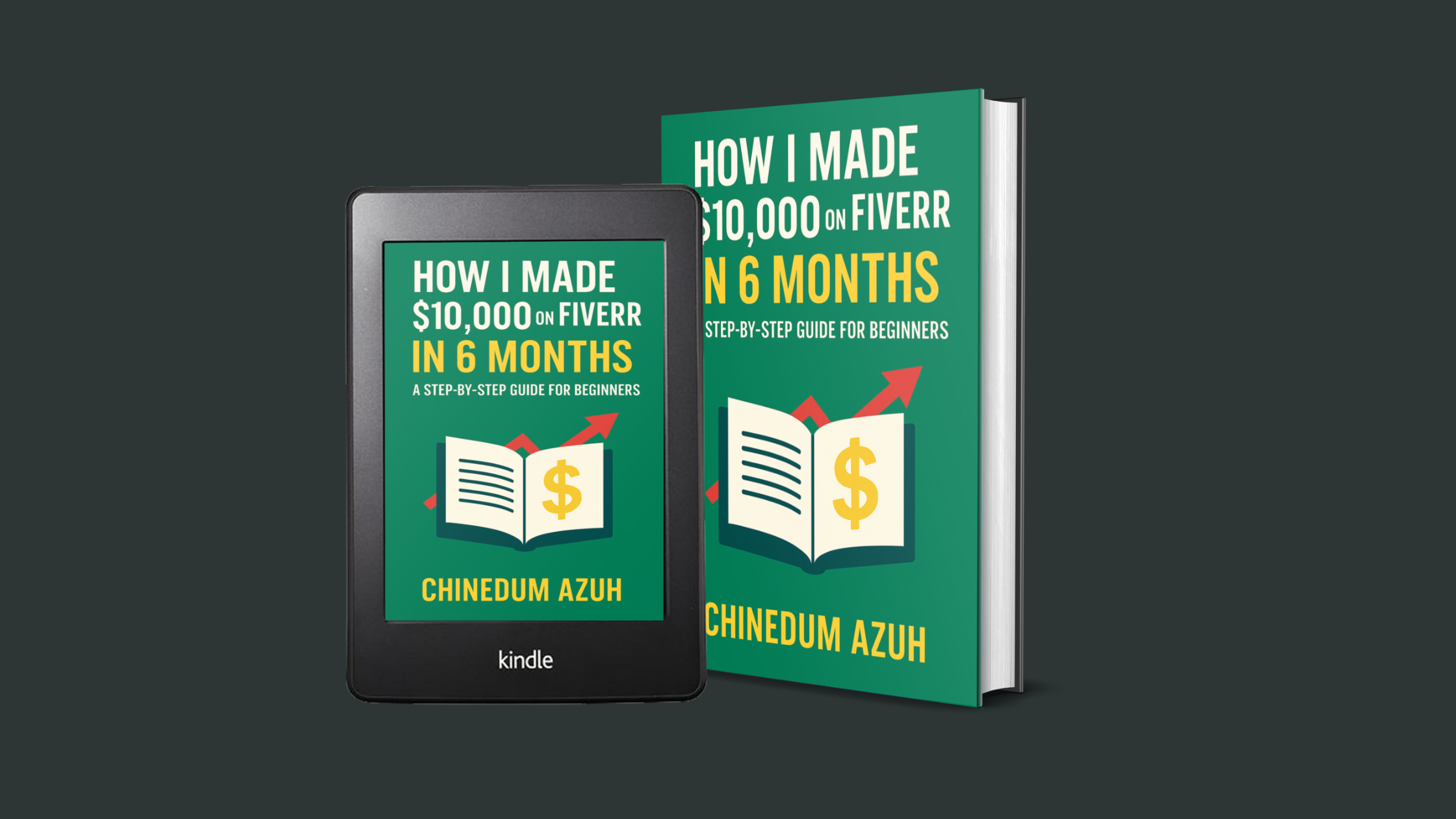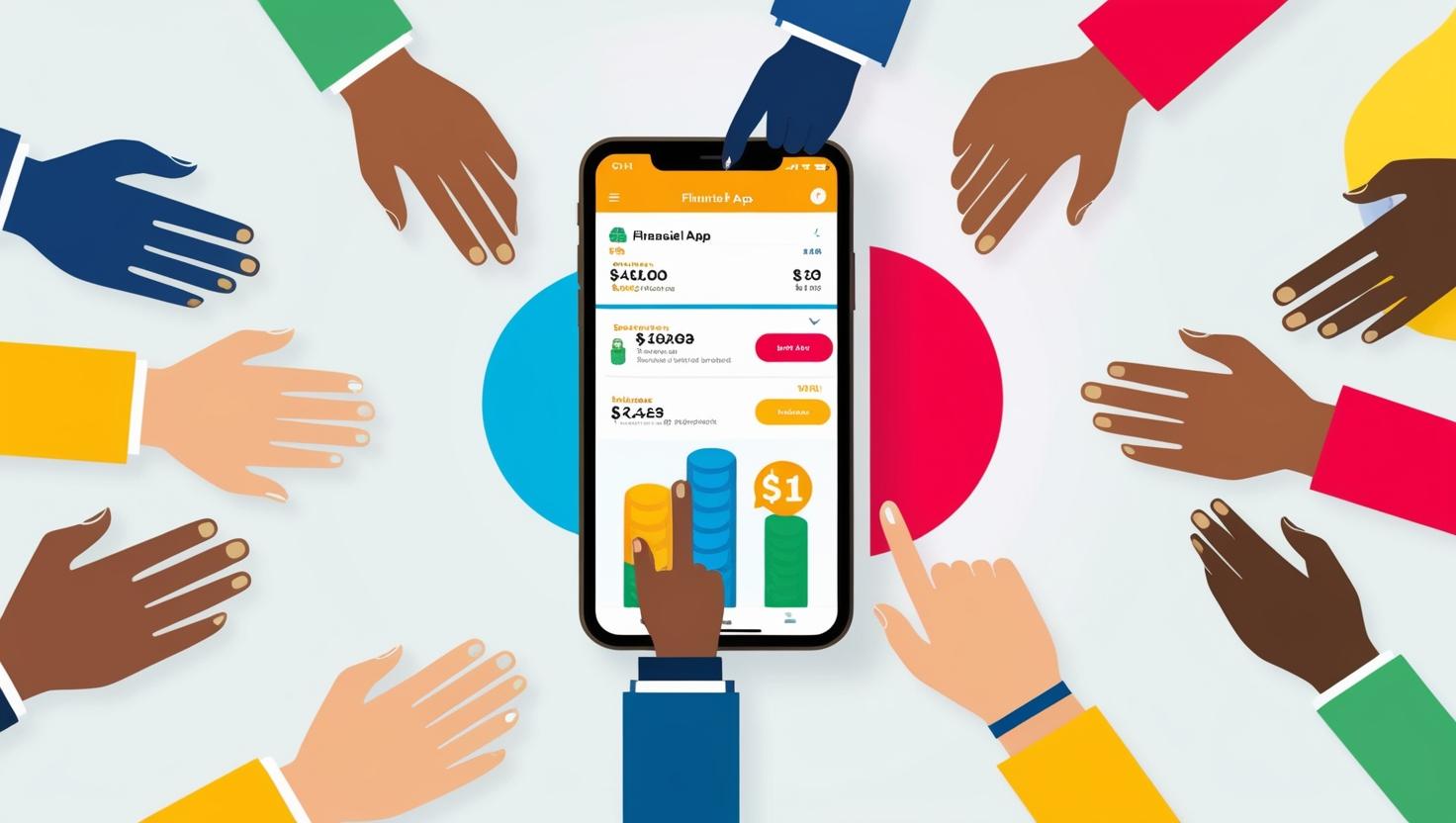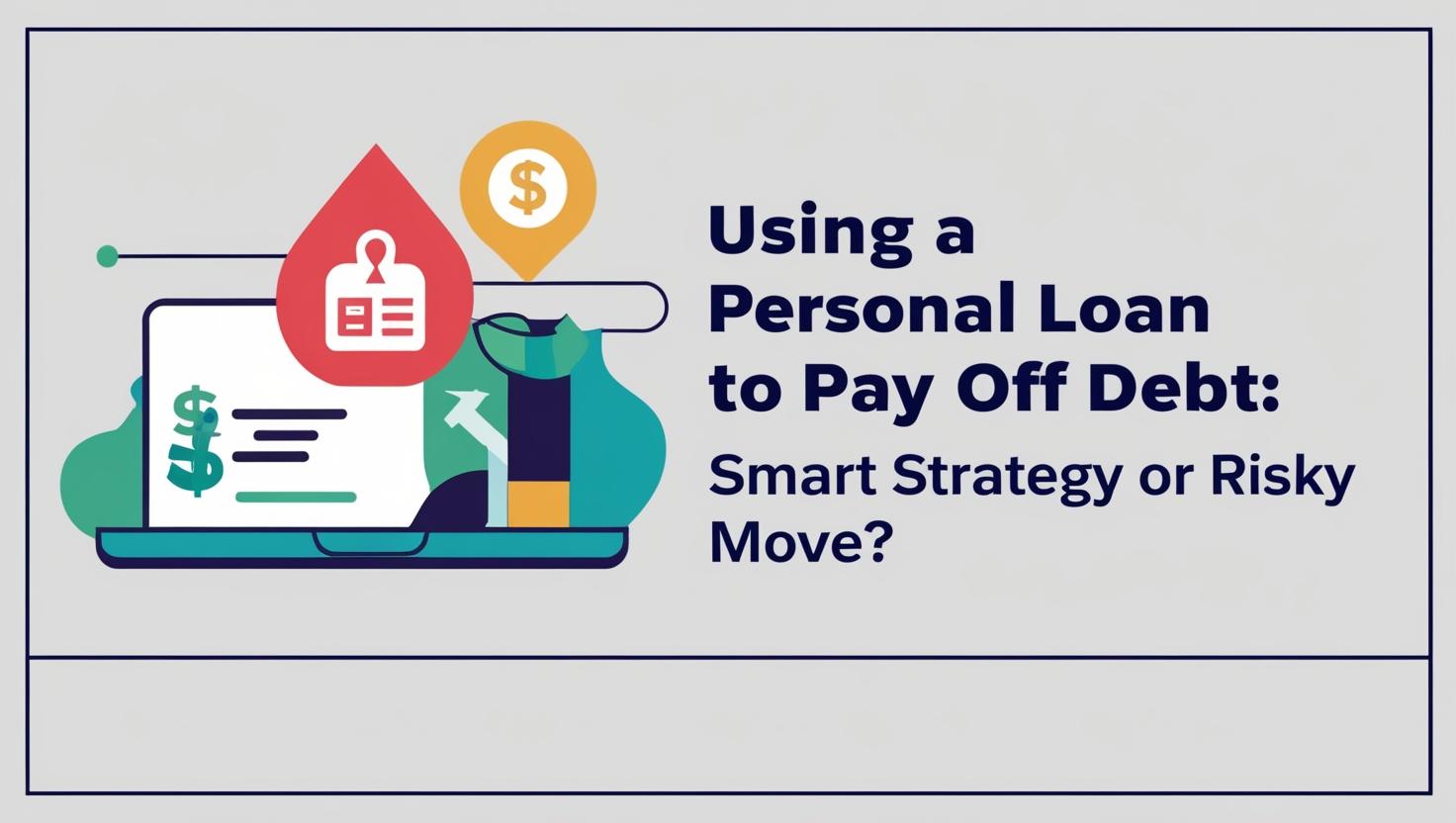Debt Management: Debt can sneak up on anyone. At first, it’s just a credit card here, a small loan there, or maybe an unexpected medical bill. But before you know it, the payments pile up, and it feels like you’re drowning. If you’ve been struggling to manage your debt, you’re not alone—and there’s hope. A debt management plan (DMP) could be the lifeline you need to regain control of your finances.
But how do you know if it’s time to consider a debt management plan? In this blog, we’ll discuss five warning signs that your debt might be spiraling out of control and show you how to take the first steps toward financial freedom.
What Is a Debt Management Plan?
Before we get into the warning signs, let’s quickly define what a debt management plan is. A DMP is a structured repayment program offered by credit counseling agencies. It consolidates your unsecured debts (like credit cards, medical bills, or personal loans) into a single monthly payment. These plans often include reduced interest rates and waived fees, making it easier to pay off your debt over time—usually within 3 to 5 years.
1. You’re Only Making Minimum Payments
The Warning Sign:
Making the minimum payment on your credit cards might feel like you’re doing enough, but it’s a red flag if that’s all you can afford. Minimum payments barely cover the interest, meaning your balance stays nearly the same month after month.
Why This Matters:
At this rate, it could take decades to pay off your debt, and you’ll pay far more in interest than the original amount you borrowed.
How a DMP Can Help:
A DMP restructures your payments so more of your money goes toward the principal balance instead of just covering interest. By consolidating your debts, you’ll make a single, often lower, monthly payment with a clear path to becoming debt-free faster.
2. You’re Using Credit to Pay for Basics
The Warning Sign:
Do you find yourself charging groceries, gas, or utility bills to your credit card because your paycheck doesn’t stretch far enough? This is a major indicator that your budget is under strain and your debt is taking over.
Why This Matters:
Relying on credit for everyday expenses creates a vicious cycle. Each month, your credit card balances grow, making it harder to pay off existing debt while also covering new expenses.
How a DMP Can Help:
A DMP frees up cash flow by lowering your monthly debt payments. With a more manageable repayment plan, you can rely less on credit for basic needs and start building a financial cushion.
3. You’re Getting Calls from Creditors or Collection Agencies
The Warning Sign:
If creditors or collection agencies are calling you, it’s a sign that you’re behind on payments. Ignoring those calls might feel like the easiest option, but it can lead to further damage, including lawsuits or wage garnishment.
Why This Matters:
Missed payments hurt your credit score and increase your stress levels. The longer you delay addressing the issue, the more aggressive creditors may become.
How a DMP Can Help:
When you enroll in a debt management plan, your credit counselor works directly with your creditors to negotiate lower interest rates, waive fees, and even stop collection calls. You’ll have a single payment to make each month, and your counselor ensures the funds are distributed to your creditors on time.
4. Your Debt-to-Income Ratio Is Too High
The Warning Sign:
Your debt-to-income (DTI) ratio is the percentage of your monthly income that goes toward debt payments. If your DTI is above 40%, it’s a clear sign that your debt is unsustainable.
Why This Matters:
A high DTI ratio makes it harder to qualify for loans, rent apartments, or achieve other financial goals. It also indicates that too much of your income is tied up in debt, leaving little room for savings or emergencies.
How a DMP Can Help:
By consolidating your debts into a single, lower payment, a DMP can reduce your DTI ratio. This gives you breathing room in your budget and improves your overall financial health.
5. You Feel Overwhelmed and Stressed About Money
The Warning Sign:
Debt isn’t just a financial issue—it’s an emotional one. If you’re losing sleep, avoiding bills, or feeling hopeless about your financial situation, it’s time to take action.
Why This Matters:
Chronic financial stress can take a toll on your mental and physical health. Ignoring the problem only makes it worse, but taking steps to address your debt can bring a sense of relief and control.
How a DMP Can Help:
A debt management plan gives you a structured, achievable plan to tackle your debt. Knowing there’s a clear path to becoming debt-free can lift a huge weight off your shoulders and help you focus on other aspects of your life.
How to Start a Debt Management Plan
If any of these warning signs resonate with you, a debt management plan might be the right solution. Here’s how to get started:
1. Find a Reputable Credit Counseling Agency
Look for nonprofit organizations accredited by the National Foundation for Credit Counseling (NFCC) or the Financial Counseling Association of America (FCAA). These agencies offer free consultations to assess your financial situation and determine whether a DMP is a good fit.
2. Gather Your Financial Information
Before your consultation, gather all relevant documents, including:
- A list of your debts (credit cards, personal loans, etc.)
- Recent credit card and loan statements
- Your monthly income and expenses
Having this information ready will help your credit counselor create an accurate plan tailored to your needs.
3. Review Your Options
During your consultation, your counselor will review your finances and explain your options. If a DMP is recommended, they’ll outline how it works, what your monthly payment will be, and how long it will take to pay off your debt.
4. Enroll in the DMP
If you decide to proceed, your counselor will contact your creditors to negotiate reduced interest rates, waive fees, and establish a repayment plan. Once agreements are in place, you’ll make one monthly payment to the credit counseling agency, which will distribute the funds to your creditors.
5. Stick to the Plan
A DMP requires discipline and commitment. Stay on top of your monthly payments, and avoid taking on new debt while you’re in the program.
Benefits of a Debt Management Plan
Here’s why so many people find relief with a DMP:
- Lower Interest Rates: Many creditors offer reduced rates for DMP participants.
- Simplified Payments: One monthly payment is easier to manage than juggling multiple due dates.
- Faster Debt Repayment: With lower rates and waived fees, you’ll pay off your debt quicker.
- Peace of Mind: Knowing your debt is under control reduces stress and helps you focus on other goals.
When a DMP Isn’t the Right Fit
While DMPs are great for many, they’re not for everyone. If you have secured debt (like a mortgage or car loan) or need help with bankruptcy, other solutions might be better. Speak with your credit counselor to explore all your options.
Final Thoughts
Debt doesn’t have to control your life. If you recognize the warning signs that you need help, a debt management plan could be your first step toward financial freedom. Remember, it’s never too late to take control of your finances. With the right plan, support, and mindset, you can overcome your debt and build a brighter financial future.
Read More About Debt Management Here “Debt Management Made Easy: Simplify, Save, and Be Free“
Get Debt Payoff Calculator – Provided by NerdWallet: Debt Payoff Calculator
Input your debts to create a personalized repayment plan.







One response to “5 Warning Signs You Need a Debt Management Plan and How to Start”
This is a powerful guide for anyone feeling overwhelmed by debt. The clear breakdown of warning signs and actionable steps makes it easy to understand when and how a debt management plan can help. A must-read for those ready to regain control of their finances and work toward a debt-free future!